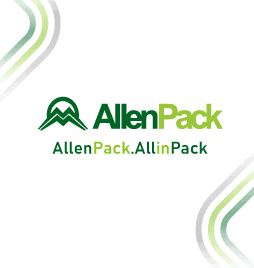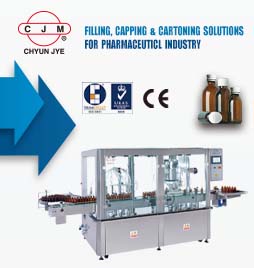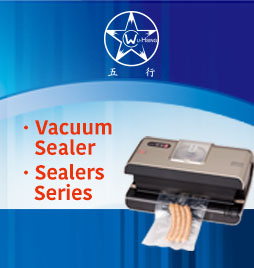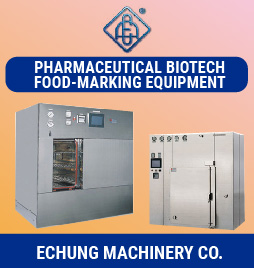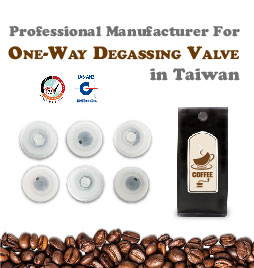NI Protocol: Medicine Supply Still Faces 'Significant Issue'
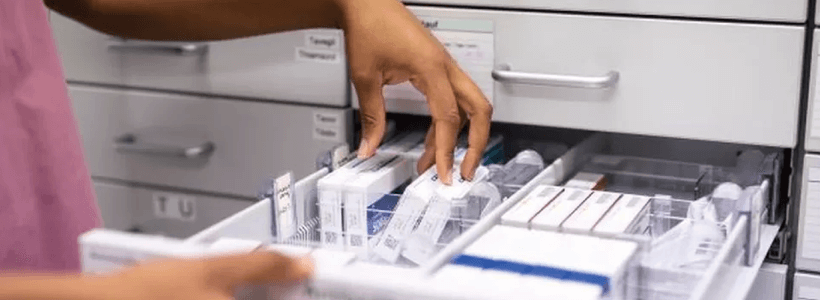
There are still unresolved issues with the Northern Ireland Protocol despite changes made by the EU, says a major pharmaceutical firm.
Earlier this year, the EU altered its laws in a move aimed at guaranteeing the supply of medicines from Great Britain to Northern Ireland.
However, Teva says there is still one "very significant" issue related to the continued supply of some drugs.
The firm has raised the matter in a consultation on the NI Protocol Bill.
The protocol is the post-Brexit trading deal agreed by the UK and the EU in 2019.
The UK plans to use the Protocol Bill to override most of the agreement if the EU does not agree to changes.
What is the problematic issue?
The protocol means Northern Ireland is still inside the EU's pharmaceutical regulatory system.
However, it gets most of its medicines from Great Britain, which is not.
This emerged as one of the protocol's major difficulties, with pharmaceutical firms warning it would lead to withdrawal of products.
The EU accepted it was a problem and in April changed its laws so that medicines entering NI from GB will not need additional labelling or testing, things which would have been required by the protocol in its original form.
- What is the Northern Ireland Protocol?
- Businesses question government's protocol plans
Teva says this removed the "most onerous regulatory burdens arising from the protocol" and allowed it to continue supplying medicines to NI without additional complexities.
The firm says the current problematic issue is the treatment of so-called Centralised Procedure (CP) product licences.
It says that in order to continue to supply products approved via the CP route in NI, an EU authorisation is required, so a company needs to have two different product licences, one covering GB and one covering NI.
The firm adds that it has been clear that any situation that leads to the need for two product licences "creates an administrative and cost burden that will make many medicines unviable to supply to NI".
Teva currently supplies about 630 products to NI, 48 of which have CP licences.
It says it believes the full impact of the CP issue is yet to be seen and it will be making decisions based on current market share and historical sales.
'A very complex situation'
Separately, a body which represents businesses providing over-the-counter medicines has also raised the CP issue.
The PAGB says a way needs to be found to ensure medicines licenced via the CP route can be sold in both GB and NI as a single pack, without divergence in the licences behind them.
Like Teva the PAGB says the issue "can and should be resolved via negotiations".
Meanwhile, concerns have also been raised about how the government's replacement plan for the protocol would work in respect of medicines.
Part of the government's plan is for a dual regulatory regime, which would mean goods made to either EU or UK standard could be sold in Northern Ireland.
Teva said that "in theory" it could be supportive of a dual regulatory regime as it should allow UK-wide licencing.
However, in its view for a dual regime to be attainable, there "could be no divergence between UK and EU regulations. As soon as there is any divergence then this becomes extremely problematic".
Asked about negotiations over the protocol on Wednesday, Sinn Féin vice-president Michelle O'Neill urged the UK and the EU to "get on with it".
Meanwhile the Nuffield Trust, a health think tank, says the dual regime would "create a very complex situation".
"Pharmacists and doctors would be prescribing and dispensing drugs approved and tested under two different systems, with different mechanisms for detecting falsified medicines," it added.


